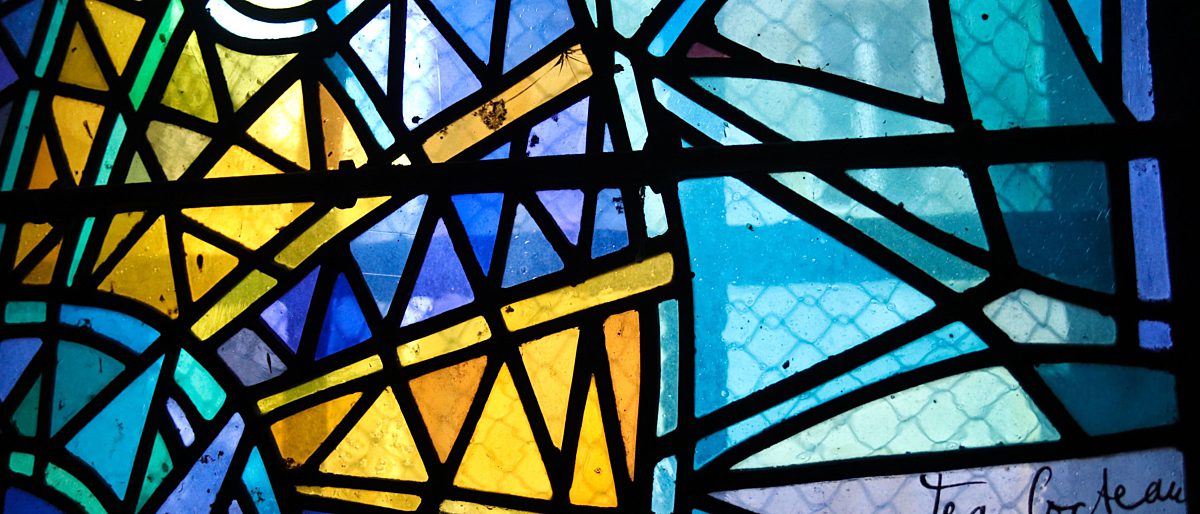
Zorg dragen voor het erfgoed van de anglicaanse eredienst
The Anglican church has long had a presence in Flanders . Already in the 16th and 17th centuries, there were several Anglican religious communities on the territory of what is now Belgium. The Anglican church was then recognised by the Belgian government in 1870. Over the course of the years, the history of Anglicanism has left its mark among what we call 'heritage'.
Heritage can be both tangible and intangible and even more recent Anglican communities are constantly 'producing' heritage in the form of stories, traditions or documents. It is important to take good care of a faith community's heritage. After all, heritage helps to tell a community's story to future generations; it says something about who we are and where we come from.
What types of heritage are there? How do you practically approach caring for heritage? Who can you turn to? Come to the training session 'Caring for the heritage of the Anglican church' on Saturday 19 October at Saint Boniface, Antwerp and find out all about it!
The training session will be bilingual (Dutch-English) and is organised by PARCUM, in cooperation with KADOC and with the support of the Central Committee of the Anglican Church in Belgium and the church administration of Saint Boniface Antwerp.
Programme
- 9:30 - Welcome with coffee and tea
- 10:00 - Welcome
- 10:20 - Why is heritage important? Comprehensive heritage care and inventorying heritage objects (Jan Klinckaert, PARCUM)
- 11:30 - Coffee break
- 11:45 - Caring for documentary heritage (Aaldert Prins, KADOC)
- 12:15 - Short round of questions
- 12:30 - Getting started with stories and traditions (Julie Aerts, PARCUM)
- 13:00 - Lunch
- 14:00 - End